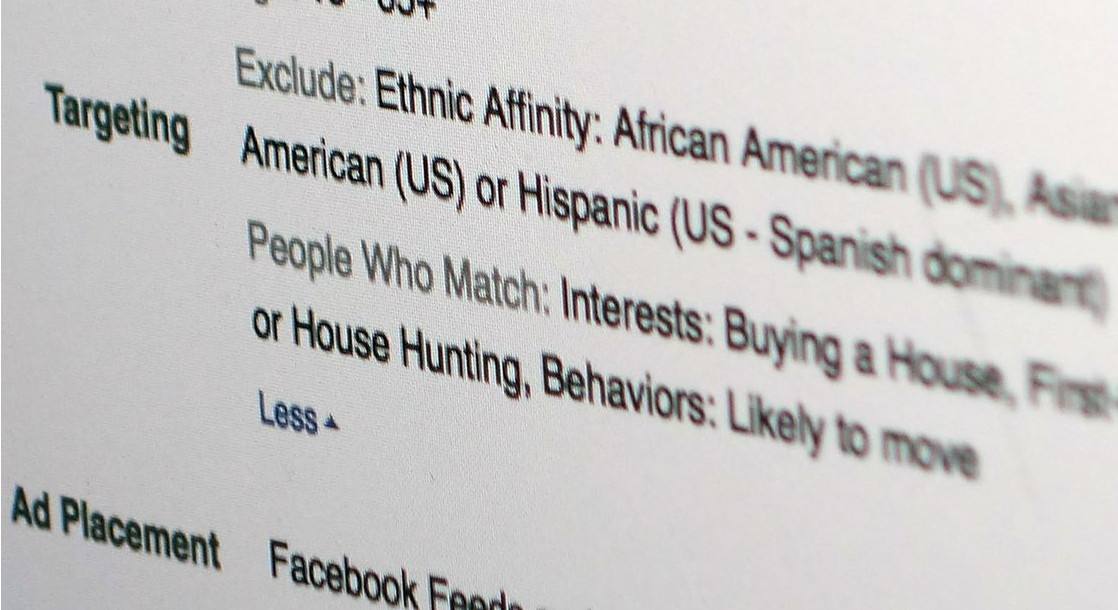Oregon voters may have the chance to legalize psilocybin-assisted psychotherapy next year, thanks in part to a generous financial contribution from natural soap company Dr. Bronner’s.
The Oregon Psychedelic Society (OPS) held an event last week to introduce the Oregon Psychedelic Services Act, a ballot measure that would allow licensed medical professionals to administer psilocybin to adults. This initiative would allow physicians to decide for themselves which conditions are appropriate for psilocybin treatment, rather than imposing a list of qualifying conditions — like most states’ medical marijuana laws do.
The ballot measure would only legalize psilocybin use under strict medical supervision, and sales of psilocybin for recreational use would remain entirely illegal.
OPS co-founder Sheri Eckert said that the ballot measure was designed to “advance a breakthrough therapeutic model currently being perfected in research settings at top universities around the world,” according to Marijuana Moment. “The service model involves a sequence of facilitated sessions, including assessment and preparation, psilocybin administration, and post-therapy integration.”
“We envision a community-based framework, where licensed providers, along with licensed producers of psilocybin mushrooms, blaze trails in Oregon in accordance with evolving practice standards,” Eckert explained.
Gallery — Smoke Weed, Eat Shrooms, and Shine:
OPS originally created an initiative that would have simply decriminalized psilocybin possession and use in Oregon, but decided to refocus their efforts after learning that the Drug Policy Alliance was already working on their own ballot measure to decriminalize minor possession of all illegal drugs.
In order to place the psilocybin initiative on Oregon’s 2020 general election ballot, OPS must collect 112,020 valid signatures by July 2 of next year. At last Friday’s opening event, the organization announced that Dr. Bronner’s had contributed $150,000 to help them collect these signatures.
“The Bronner family is no stranger to severe depression and anxiety,” said David Bronner, the company’s CEO, in a press release. “We firmly believe that the integration of psilocybin therapy, to which the FDA recently granted a special ‘breakthrough designation,’ is crucial to heal epidemic rates of depression, anxiety, and addiction that pharmaceutical drugs are completely inadequate for.”
Like MDMA, the FDA has granted psilocybin “Breakthrough Therapy” status for its potential to effectively treat anxiety, depression, and other psychiatric disorders. This category allows researchers to fast-track federally-sanctioned studies into the therapeutic use of these drugs. If this research is successful, it would pave the way for the legalization of psychedelic-assisted therapy within the next few years.
This therapy appears to enable people to process difficult and traumatic emotions and experiences, break destructive patterns of thought and behavior — and to love, integrate, and forgive themselves and each other,” Bronner continued. “People connect to the deeper spiritual ground of their being and to the miraculous living natural world we are one with.”
“I believe a resounding yes vote by Oregonians affirming their right to access responsible psilocybin therapy will only galvanize research and interest, and send a clear message to federal regulators to allow Oregon’s program to go into effect without federal interference, much like state medical cannabis programs that also technically conflict with federal law,” Bronner said.
Several other states and cities are launching initiatives to legalize the use of psychedelics. Denver and Oakland both voted to decriminalize shrooms (and, in Oakland, plant medicines at large) earlier last summer.











